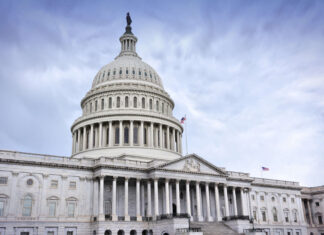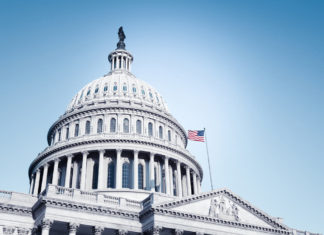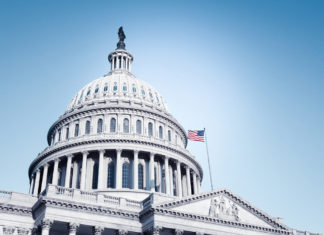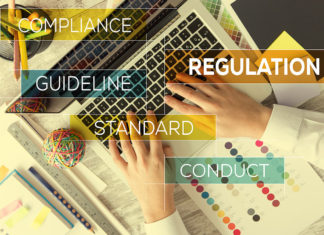DOL Adopts New Independent Contractor Test
Effective March 11, 2024, the DOL's new final rule will rescind the 2021 rule.
Proposed Legislation Would Limit Further Employee Retention Credit Claims
If enacted, the proposed legislation could end the ERC on January 31, 2024.
DOL Releases Final Overtime Exemptions Rule
The final rule updates and revises the provisions of the Fair Labor Standards Act (FLSA) exempting executive, administrative, and professional employees from minimum wage and overtime requirements.
IRS Dramatically Expands Electronic Filing Mandate in 2024
Eye on Washington Team
Generally, an organization filing 10 or more returns or statements (previously more than 250) in a calendar year will be required to file electronically in 2024.
The Internal Revenue Service (IRS) released...
Non-Statutory Deductions for Independent Contractors: What You Should Know
Deductions are typically thought of as part of an employment relationship, but they may also be relevant when it comes to engaging with independent contractors.
Roe v. Wade Overturned: Employer Considerations
There are several employer considerations that the courts and government agencies will likely address in the future.
Implications of “Work from Anywhere” — When Remote Workers Cross State Lines
In a nutshell, when remote work crosses state lines, it can be hazardous to employers – in ways that aren't necessarily apparent.
EEOC Issues Further COVID-19 Vaccination Guidance
In the updated guidance, the EEOC reaffirms that employers can require that employees receive the COVID-19 vaccine as a condition of accessing the workplace.
Workplace Compliance Trends: Pay Equality and Data Privacy
It is imperative for employers to stay up-to-date with employment laws.







